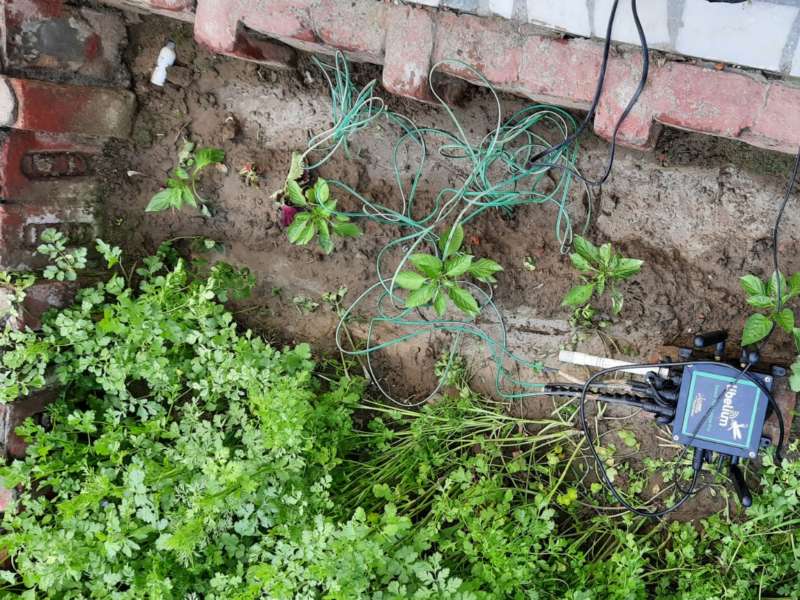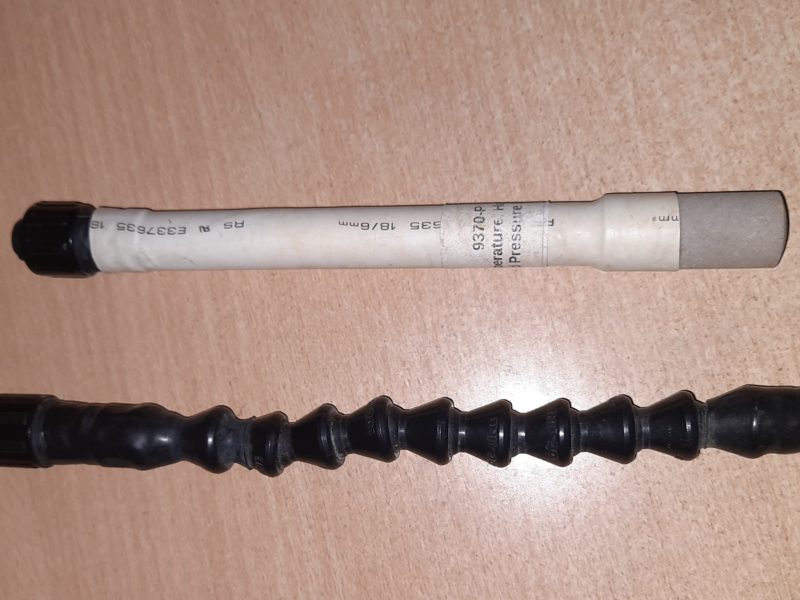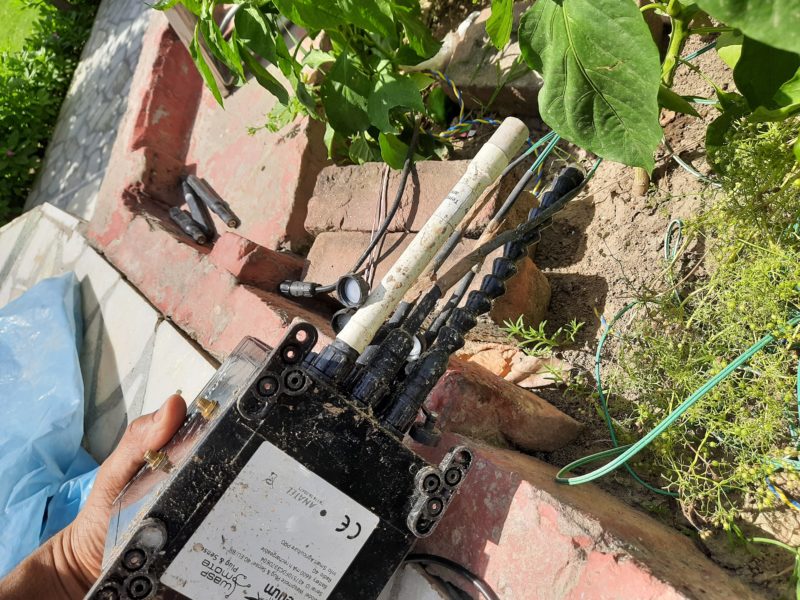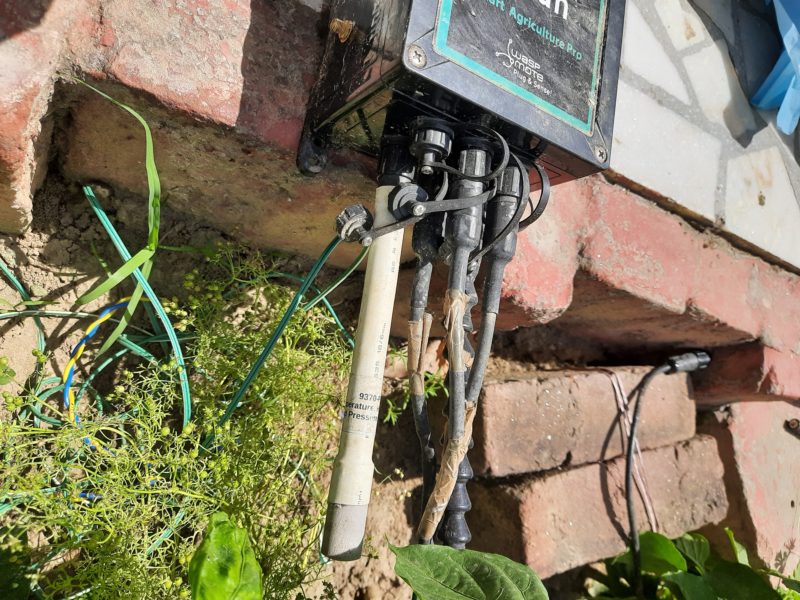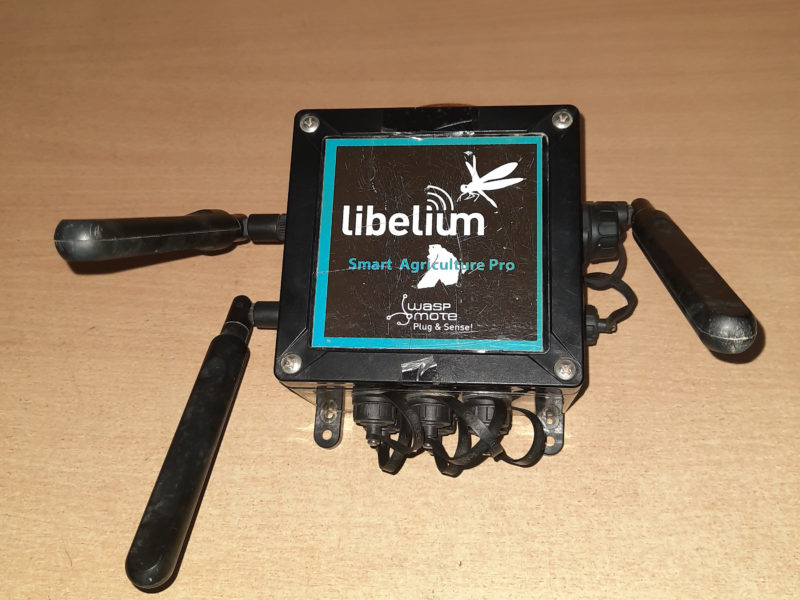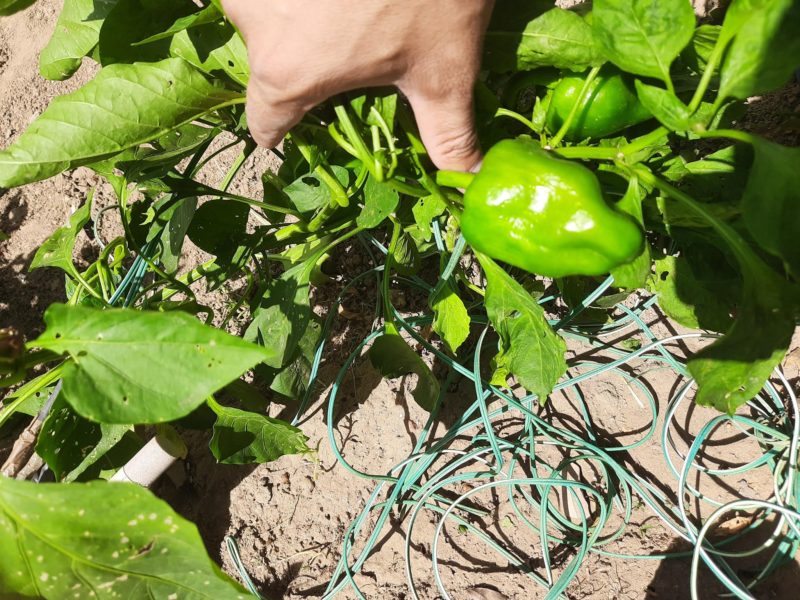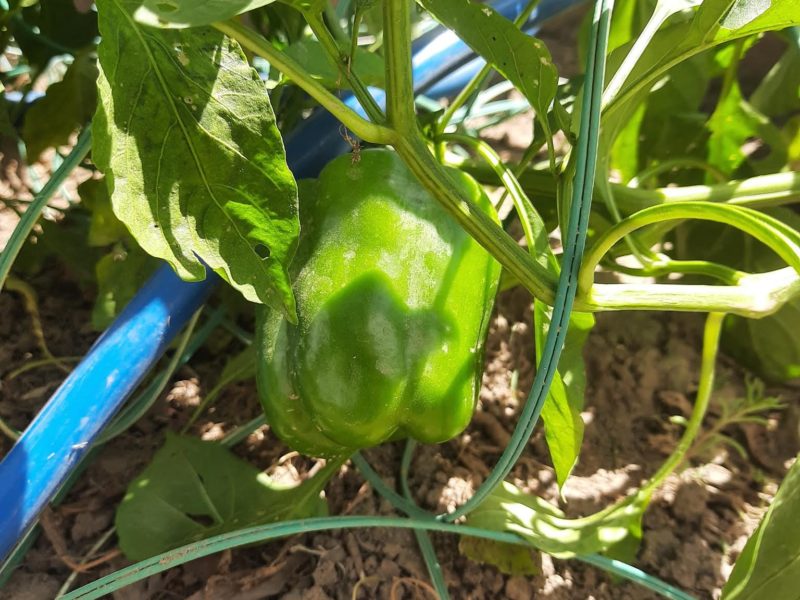Precision Agriculture for Development is transforming agricultural extension in developing countries using the latest available technologies and research methods. The increasing adoption rate of technology in agriculture shouldn’t be surprising to anyone. Farming is highly land and labor-intensive. Farmers are driven to use technology to increase efficiency and manage costs. For more information, such facts and figures of the agriculture click here.
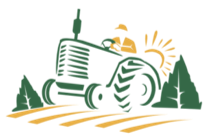
Smart Fasal is a Council of Scientific and Industrial Research (CSIR) sponsored project being carried out at the Thapar Institute of Engineering and Technology, India.
The research work has been initiated by doing in-depth observations and reviews of the current scenario of irrigation in Punjab. We will be keeping this area as the concerned area for irrigation. The parallel investigations would also cover other issues such as Salinity, Sodality, and Toxicity in water as well as its effects on the crops. Based on these results, the study would be extended to learn the problems encountered by plants.
How does it work?
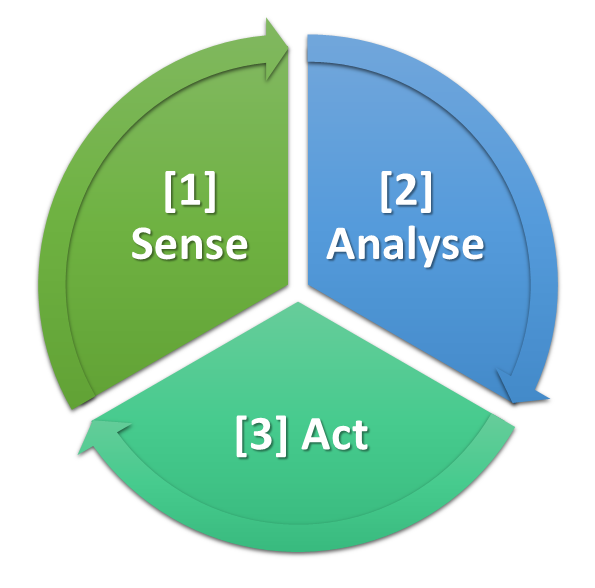
[1] Sense:- Readings from the real-environment have been recorded to local device(s) and uploaded to the cloud servers.
[2] Analyse:- Online tools analyze the dataset, apply the Machine Learning (ML) model(s), and predict the observations.
[3] Act:- Internet of Things (IoT) based tools act in the field and trigger the automatic valves.
Thus, this project aims to minimize the usage of water resources and other bio-degradable materials such as fertilizers. Some of the objectives of the proposed project are as follow:
Objective 1: To study the existing techniques for irrigation and fertilization used by farmers in Punjab.
Objective 2: To propose an IoT-based smart irrigation and fertilization framework for optimizing the use of water and fertilizers in agriculture.
Objective 3: To prepare a testbed for data collections with the help of agricultural sensors and uploading of the same to the web platform.
Objective 4: To upload the observations observed by sensors onto a cloud server for future reference.
Objective 5: To develop a data analytics system and to perform decision making for end-users and farmers.
Objective 6: To validate the proposed smart irrigation and fertilization framework.
